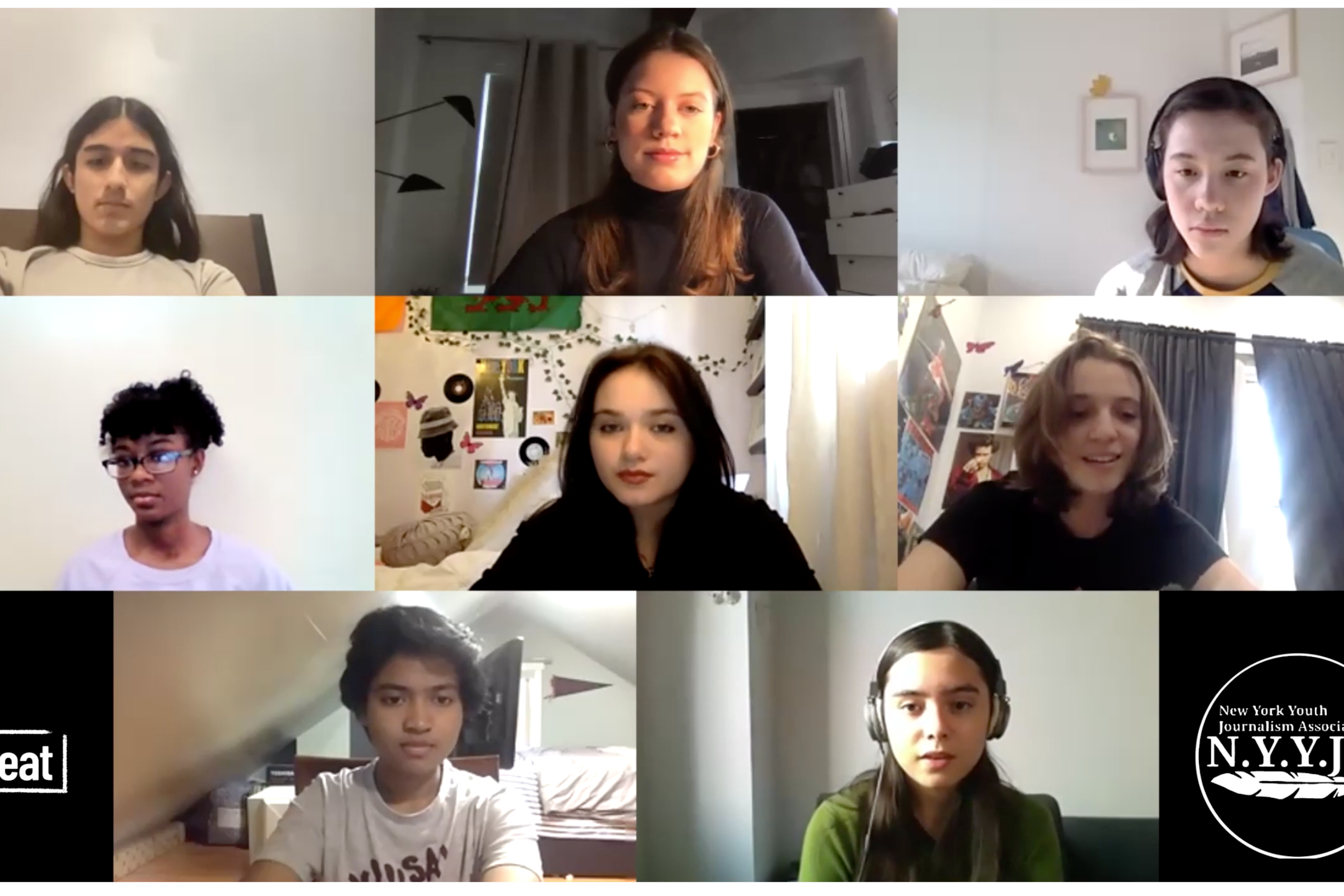When Trump supporters attempted to take over the U.S. Capitol on Jan. 6, the world was shocked. People were glued to their television and cellphone screens as the insurrection unfolded live on U.S. news channels and social media. Among the viewers? Young people.
“It was almost physically nauseating,” said Cayla Kushner, a 10th grade student at Laguardia High School in New York City. “I just felt very powerless.”
Students lived through many historic moments during former President Donald Trump’s administration, and his actions and words prompted many of them to join social justice movements.
Teenagers say they follow what’s happening at the Capitol because it directly affects their lives — and in a few years, they will be able to take a stand at the ballot box.
Two student moderators from the New York Youth Journalism Association joined a group of peers on a Jan. 14 Zoom video call to discuss the insurrection and what they think it means for national politics as a whole, now and in the future.
“It was just crazy because everything seemed … after the election, to not calm down, but at least slightly from what was happening before,” said Lucia Tsurumaki, a 10th grader at LaGuardia High School. “Then, just suddenly, we turn on the news, and it was very chaotic and just sort of disgusting to watch in some way. So many people just going there at once in a very violent and chaotic manner.”
The conversation covered issues such as the police response during the insurrection, Trump’s comments to the mob, and his second impeachment. Students also shared their thoughts about race and equity, social media, and Generation Z as they pertain to national politics.
“I’ll be blunt,” said Joshua Araujo, a senior at the Academy of American Studies. “I don’t think that there will ever be unity in the country.”
Watch the full conversation below.







